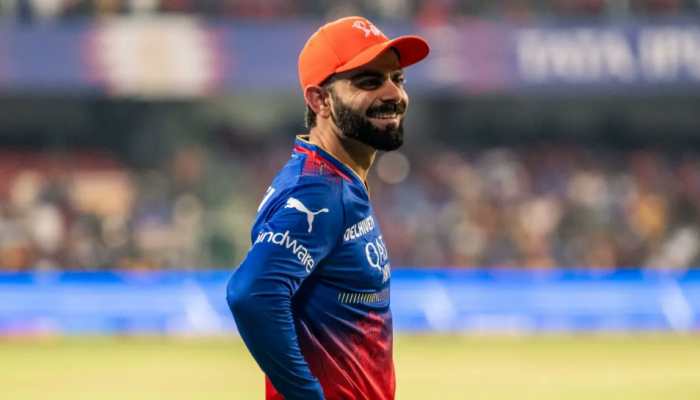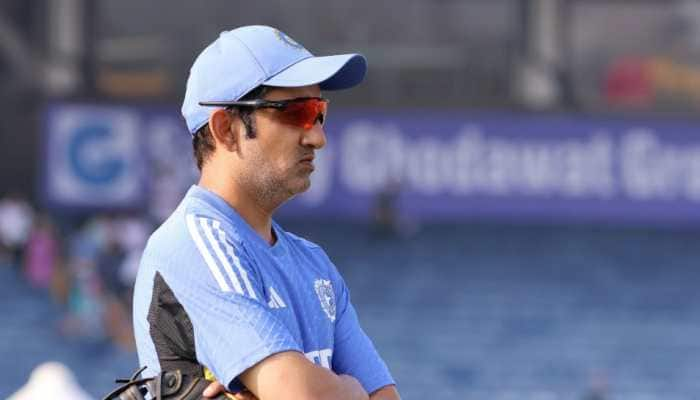NASA's Shane Kimbrough turns on-orbit gardener, snacks on first of multiple harvests!
On October 25, Kimbrough initiated the most recent round of the Veggie experiment and for the first time in space, all six lettuce plants are growing simultaneously.
Trending Photos
) Charles Spern, a Veggie project engineer with the Engineering Services Contract, relays messages from the Kennedy Space Center Veggie team to assist the crew during the harvest. (Image courtesy: NASA)
Charles Spern, a Veggie project engineer with the Engineering Services Contract, relays messages from the Kennedy Space Center Veggie team to assist the crew during the harvest. (Image courtesy: NASA) New Delhi: NASA is considered a pioneer in the world of space and its long-standing achievements bear testimony to that.
The experiments conducted by the space agency aboard the International Space Station (ISS) have always intrigued the entire world. One such successful experiment was growing plants in space.
Space Biology is now a real thing and Shane Kimbrough, currently a resident of the ISS and crew member of Expedition 49, was the first one to actually eat the "Outredgeous" Red Romaine lettuce leaves that he nurtured during the past month, as part of a gardening harvest technique termed “cut-and-come-again.”
On October 25, Kimbrough initiated the most recent round of the Veggie experiment and for the first time in space, all six lettuce plants are growing simultaneously.
The astronaut is playing his role of an on-orbit gardener to the best of his abilities and is working virtually autonomously to cultivate the crops, although gardeners on the ground at Kennedy Space Center provided help in the beginning.
“During their first week of life, the small seedlings were getting too much water,” said Veggie Project Manager Nicole Dufour. “This put the plants’ growth a bit behind schedule, but they recovered nicely after we instructed Kimbrough to use a fan to dry up some of the moisture,” NASA reported.
Cut-and-come-again is a repetitive harvest technique in which a selection of leaves can be harvested for a bit of fresh lettuce and possibly science samples. The remaining leaves and the core of the plant are left intact and will continue to grow and produce more leaves for subsequent harvests approximately every 10 days. The goal is to increase the on-orbit crop yield, as well as allow for more opportunities to supplement astronaut diets with fresh, nutritious food.
“Testing this method on-orbit, after using it on the ground, is very exciting for us,” said Dufour. “A repetitive harvest allows us to provide more food for both the crew and for science, so it’s a win-win. We are looking forward to hearing how Shane enjoys his first harvest!”
As per NASA, the day's harvest was solely for crew consumption, and the plan was to have four harvests in total, with the final harvest targeted for the first of the new year. The yields from these harvests will be split between samples for science return and crew consumption.
Stay informed on all the latest news, real-time breaking news updates, and follow all the important headlines in india news and world News on Zee News.
Live Tv







)
)
)
)
)
)
)
)
)
)
